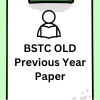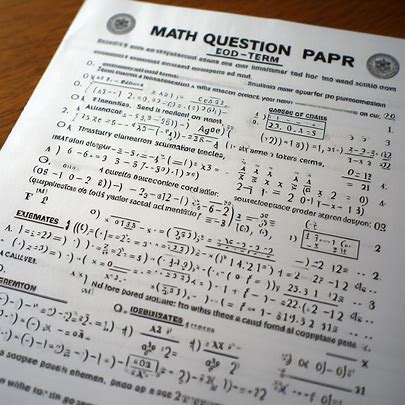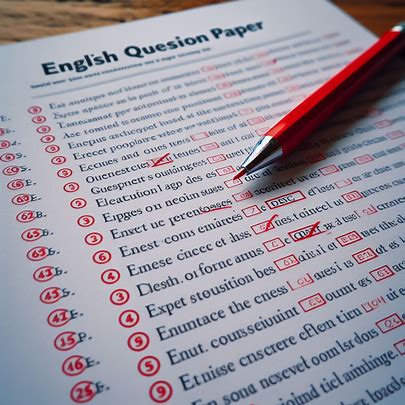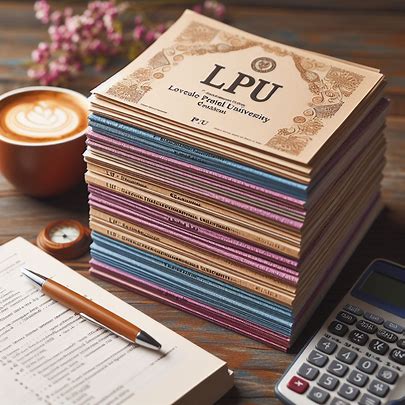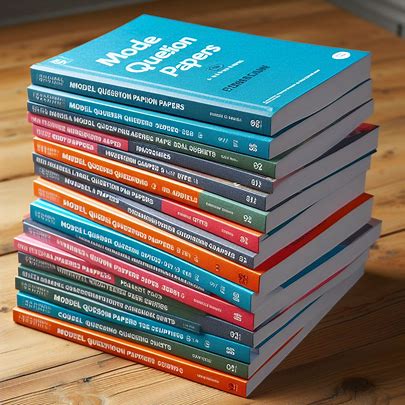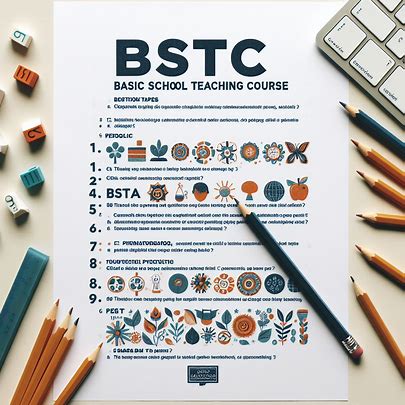UPSC Question Papers: A Guide to Previous Year Papers and IAS Prelims Exam
Introduction
The Union Public Service Commission (UPSC) conducts the prestigious Civil Services Examination to recruit candidates for various administrative positions in the Indian government. Aspirants aiming for the Indian Administrative Service (IAS), Indian Police Service (IPS), and other Group A and B services must crack this challenging exam.
One of the most valuable resources for UPSC preparation is previous year question paper. In this post, we’ll delve into the significance of these papers, how to use them effectively, and provide answers to common queries.

Understanding the UPSC Exam Format:
- Preliminary Examination (Prelims): This objective-type exam serves as a screening round. (CSAT).
- Main Examination (Mains): Mains is a subjective exam testing your in-depth knowledge and writing skills. It consists of nine papers spread across various subjects like Essay, Indian Polity, Indian Economy, etc.
- Interview: The final stage assesses your personality, leadership qualities, and suitability for a career in civil service.
Prelims Examination (GS Paper I & CSAT):
GS Paper I:
- Focus: This paper assesses your knowledge of current events, history, geography, science, polity, economics, social issues, and technology.
- Format: The paper consists of 100 objective-type questions with multiple-choice answers. Each question carries one mark. There’s negative marking for incorrect answers (1/3rd mark deducted).
- Significance: A strong score in GS Paper I is essential to qualify for the Mains exam.
CSAT (Qualifying Paper):
- Focus: This paper assesses your aptitude for problem-solving, analytical skills, decision-making, and comprehension.
- Format: The paper consists of two sections: Reasoning and Mental Ability, and Data Interpretation. Each section carries 100 marks. It’s a qualifying paper; a minimum score is required to proceed to Mains, but marks obtained in CSAT are not included in the final merit list.
Mains Examination:
Format: Mains comprises nine papers, each carrying 250 marks. These papers are subjective and test your analytical thinking, writing skills, and in-depth knowledge of various subjects.
- General Studies Papers I-IV: These papers cover Essay, Indian Polity & Governance, Indian Economy & Social Development, and International Relations & Security.
- Optional Subject Papers (Two): You can choose two optional subjects from a vast list offered by UPSC, aligning with your interests and expertise.
- Qualifying Papers (Two): These papers are Language papers (one Indian language and English) and are qualifying in nature.
Why Are Previous Year Question Papers Important?
- Understanding the Exam Pattern: Previous year papers give insights into the question format, weightage of topics, and difficulty level. Analyzing them helps you tailor your preparation strategy.
- Practice Makes Perfect: Solving these papers enhances your time management skills and boosts confidence. Regular practice ensures you’re well-prepared for the actual exam.
- Identifying Trends: By studying multiple years’ papers, you can identify recurring themes, important topics, and areas where UPSC emphasizes questions.
How to Use Previous Year Papers Effectively
- Start Early: Begin solving previous year papers during your initial preparation stages. This helps you gauge your knowledge gaps and adapt accordingly.
- Topic-wise Analysis: Categorize questions by subject and topic. Concentrate on the areas where you require improvement
- Mock Tests: Take full-length mock tests using previous year papers. Simulate exam conditions to build endurance.
Download UPSC Question Paper
Download More Paper – Click here
Download Cutoff’s – Click here
Download Result – Click here
Frequently Asked Questions (FAQs)
1. What is UPSC?
The Union Public Service Commission (UPSC) serves as India’s foremost central recruitment agency.It conducts various examinations to recruit candidates for civil services, defense services, and other prestigious government positions.
2. What is the Civil Services Examination?
The Civil Services Examination is conducted by UPSC to select candidates for various civil services posts, including the Indian Administrative Service (IAS), Indian Police Service (IPS), and other Group A and B services.
3. What are the stages of the Civil Services Examination?
- Preliminary Examination (Prelims): Objective-type questions to screen candidates.
- Main Examination (Mains): Descriptive papers to assess in-depth knowledge.
- Interview (Personality Test): Assessing personality traits and suitability for administrative roles.
4. Where Can I Find UPSC Previous Year Question Papers?
You can access UPSC previous year papers from various sources:
- Official UPSC Website: Visit the official UPSC website to find question papers for different years and subjects.
- Coaching Institutes: Many coaching centers provide free downloads of these papers.
- Online Platforms: Websites like Drishti IAS, Prep.in, and Insights IAS offer a repository of UPSC papers.
5. How Do I Use Previous Year Papers for Prelims?
For UPSC Prelims (Paper-I and CSAT Paper-II):
- Solve Regularly: Practice at least one paper per week.
- Analyze Mistakes: Understand why you made errors and learn from them.
- Revise Concepts: Revise relevant topics after solving each paper.
6. Are These Papers Available in Hindi and English?
Yes, most previous year papers are available in both Hindi and English. Choose the language that you’re comfortable with.
7. Can I Download Papers for Optional Subjects?
Yes, you can find papers for optional subjects on the official UPSC website.
Conclusion
In your UPSC journey, treat previous year papers as your trusted companions. They provide valuable insights, boost your confidence, and guide your preparation. Remember, consistency and smart utilization of resources are key to success!
Happy studying! 📚🌟

